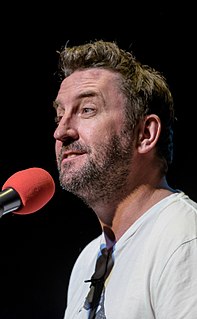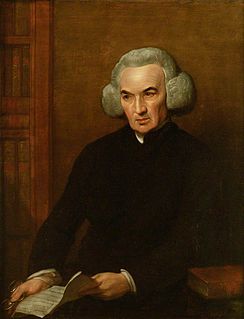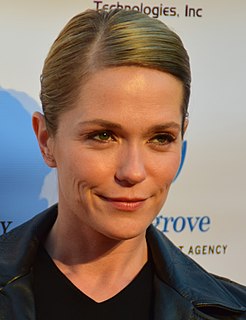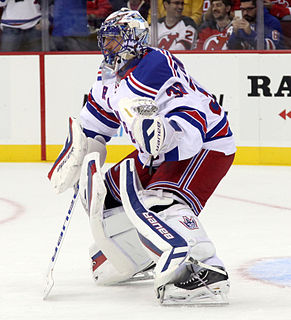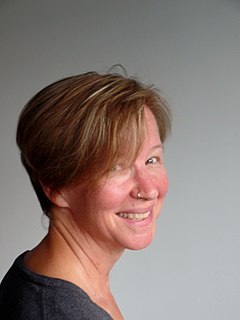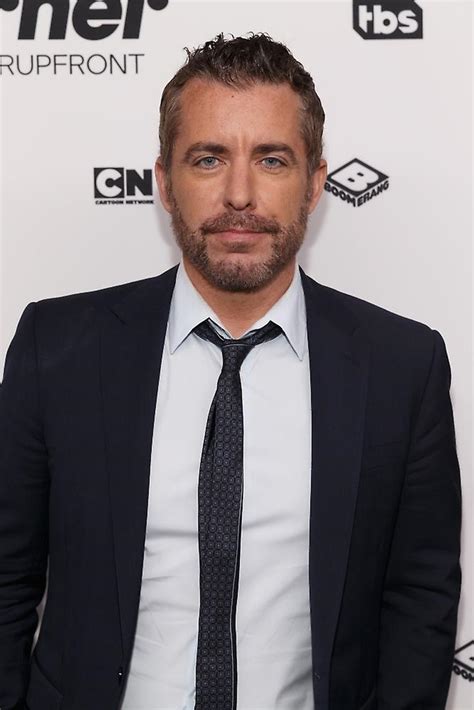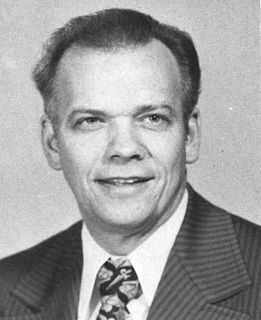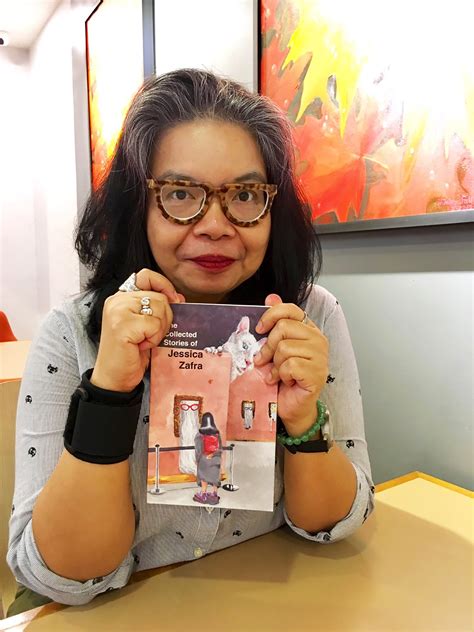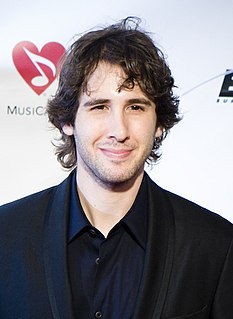A Quote by Lee Mack
In British sitcoms, you can get five minutes of nothing before the story starts.
Related Quotes
As an actor, you're lucky if you get a month before a project starts. There are times when you get a day before a project starts. So to be able to really sit and inhabit that mind and the story is really beneficial, and it really helps for me to be able to then compartmentalize as we're shooting and detach and go somewhere else.
Every field piece I did on 'The Daily Show' was a story that lasted five to six minutes. We had a protagonist, we had an antagonist and often put them at odds. We knew the story we wanted to tell before we went in, and often it was about plugging whatever character you have - in this case, a real person - into said part.
You remember the Duke of Wellington was talking of the Battle of Waterloo when he said that it was not that the British soldiers were braver than the French soldiers. It was just that they were brave five minutes longer. And in our struggles sometimes that's all it takes-to be brave five minutes longer, to try just a little harder, to not give up on ourselves when everything seems to beg for our defeat.
I've found great virtue in two-thirds of the way into the message; right before I'm really want to nail home a point, pausing to tell a joke or to tell a light-hearted story, because I know my audience has been working with me now for 20 or 25 minutes. And if I can get them to laugh, get oxygen into their system, it wakes up those who might be sleeping, so there's something about using a story to draw people back in right before you drive home your final point. In that case I think it's real legitimate just to use a story for story's sake.
Plot-wise, there's nothing particularly groundbreaking about 'Scalped.' It starts off as something we've seen plenty of times before: the story of an undercover FBI agent infiltrating a criminal organization and the story of the guy at the head of that organization. The twist was always the setting: a modern-day Native American reservation.
